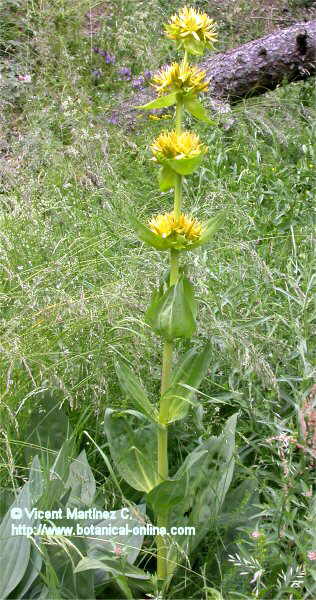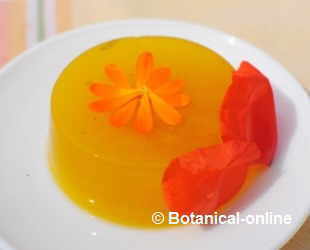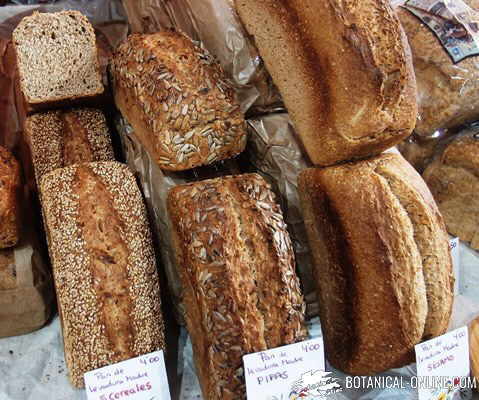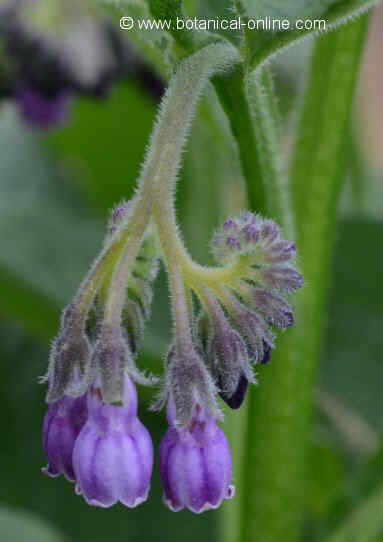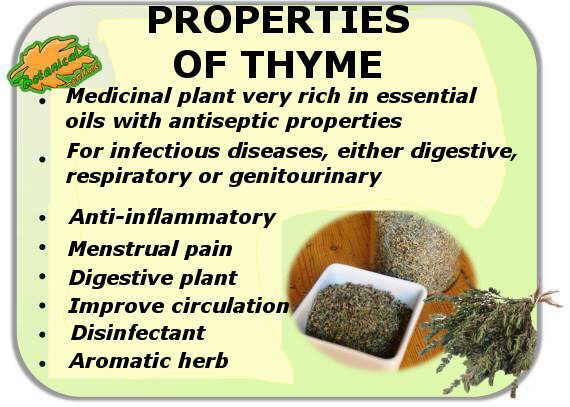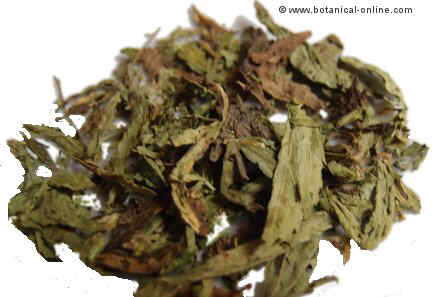Contents
Passion fruit benefits
FOOD PROPERTIES OF MARACUJA OR PASSION FRUIT
What is passion fruit?
Passion fruit is the fruit of Passiflora edulis, also commonly known as passion fruit or maracuja, a climbing plant of the family of the Passifloraceae, the same to which passion flower (Passiflora caeurulea) belongs .
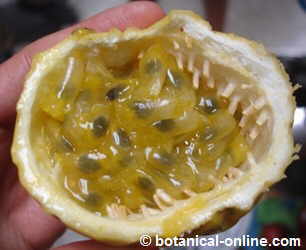
|
The fruits of passion fruit plants can be eaten as long as they are allowed to ripen well.
The maturation process eliminates cyanogenetic glycosides, which would be toxic to green fruits.
Maracuja also contains alkaloid harmane with herbicidal, cytotoxic and convulsant properties.
Both the yellow passion fruit and purple passion fruit, in addition to eating them raw, can be taken in juice, resulting in a very sweet and refreshing drink, rich in minerals such as calcium, iron and phosphorus.
For these two varieties it is not necessary to add sugar, since they contain natural sugars.
How to take passion fruit juice and pulp
Passion fruit juice is usually combined with milk, yogurt or water. In this way a pleasant and refreshing liquid is obtained, easier to drink than the juice as it is extracted directly from the fruit which is usually too thick.
The pulp of the passion fruit is used for the preparation of jellies or jams. It is very rich in pectin, so it solidifies very well. Passion fruit seeds should not be discarded when making these products because they help to make the jam more consistent.
It is ideal to add to fruit salads. Its acidic taste has made it a fundamental ingredient in some types of cocktails, as it combines very well with sugar
Properties of juice and pulp of passion fruit
Passion fruit is rich in carbohydrates, fiber, vitamin C and vitamin A. Due to its content in natural sugar, it is an energetic food of easy digestion, suitable to introduce in any balanced diet.
Its content in fiber is very remarkable, since it is one of the fruits with greater content.
This is due to the ingestion of their seeds, which are rich in insoluble fiber, with effects on constipation (accelerates the intestinal rhythm) and on cholesterol reduction (fiber prevents cholesterol absorption and helps to excrete it).
The pulp contains pectin, with properties to regulate the intestinal rhythm.
Being a source of vitamin C, E and A, it has antioxidant properties, to prevent premature aging of the skin. These properties are especially suitable for smokers.
It contains vitamin A, in the form of carotenoids, with properties to improve vision, for cardiovascular and skin health, since it helps protect cells against the attack of free radicals.
It is also remarkable the vitamin B content of passion fruit, mainly its niacin content, which is very suitable for the perfect state of the nerves.
Passion fruit contains virtually no fats, which, along with its antioxidant properties, makes it very suitable for dieting.
The low content of fats and high in fiber helps to purify the body, while the antioxidants prevent the deterioration of the free radicals that occur during the fat burning in the process of thinning.
Like the rest of passion flowers, it presents a certain quantity of alkaloids with tranquilizing and detoxifying properties
All these detoxifying elements seem to give the passion fruit anticancer properties, especially in regard to stomach cancer.
Passion fruit in the food industry
Maracuja is also used for the extraction of juices used in the food industry (ice cream, liqueurs, soft drinks, cakes, etc.)
| Nutritional composition of passion fruit (Passiflora edulis) per 100 gr. | |
| Water (g) | 72,93 |
| Calories (Kcal) | 97 |
| Fat (g) | 0,7 |
| Protein (g) | 2,2 |
| Carbohydrates (g) | 23,38 |
| Fiber (g) | 10,4 |
| Potassium (mg.) | 348 |
| Phosphorus (mg.) | 68 |
| Iron (mg.) | 1,6 |
| Sodium (mg.) | 28 |
| Magnesium (mg.) | 29 |
| Calcium (mg.) | 12 |
| Zinc (mg.) | 0,1 |
| Selenium (mg.) | 0,6 |
| Vitamin C (mg.) | 30 |
| Vitamin A (UI) | 700 |
| Vitamin B9(Folic acid -) Folacin (mcg.) | 14 |
| Vitamin B1 (Thiamin) (mg.) | 0 |
| Vitamin B2 (Riboflavin) (mg.) | 0,13 |
| Vitamin B3 (Niacin) (mg.) | 1,5 |
| Vitamin E (mg.) | 1,12 |
Medicinal properties of passion fruit
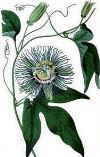
|
The dry plant is used as a remedy for problems of anxiety or nervousness (*See: Passion flower for anxiety)
It also has properties suitable to calm body aches, such as muscle pain, headache or stomach pain. The analgesic properties of this plant are determined by its content in ascorbic acid (vitamin C) and thiamin.
Pectin provides antitussive properties, capable of stop coughing and ascorbic acid, which gives this fruit mucolytic properties. All this has been used in the treatment of bronchitis.
Its medicinal properties are very similar to those of the blue passionflower or common passionflower (Passiflora caeurulea) which is the plant of this genus that is most used in Phytotherapy.
![]() More information on passion fruit and passion flower.
More information on passion fruit and passion flower.

